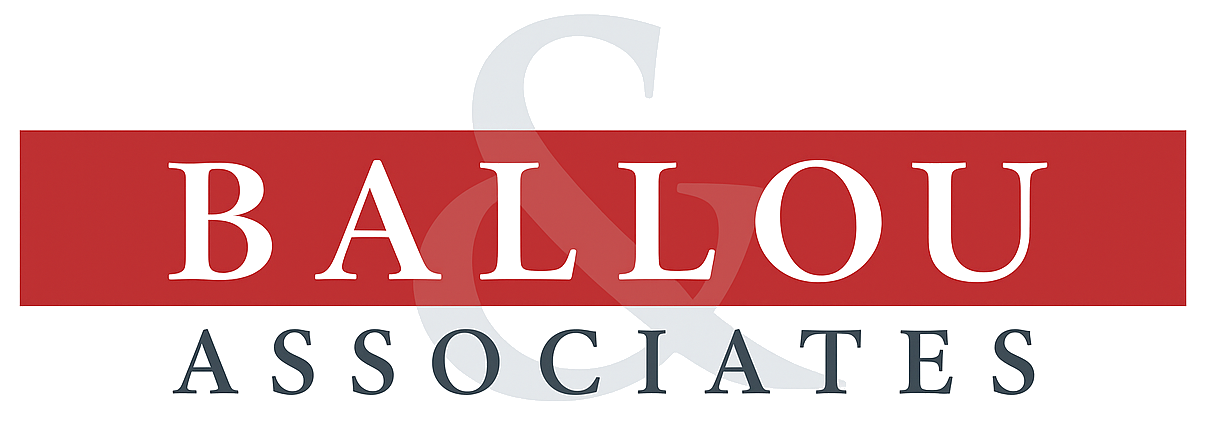Understanding Payroll's Significance
Whether you're onboarding your first hire or managing a full workforce, mastering payroll compliance from day one is crucial. Not only does it keep you on the right side of the law, but it also ensures employee satisfaction. Having the right knowledge and tools makes payroll compliance manageable, paving the way for a successful business journey.
Know Your Payroll Taxes
Navigating payroll taxes involves understanding your responsibilities across federal, state, and local levels. This includes tax withholdings, payments, and timely filings. Late or incorrect submissions can result in penalties, so always prioritize timeliness and accuracy.
Collect Required Paperwork
Efficient payroll processing begins with gathering all necessary documentation such as W-4s, I-9s, and direct deposit forms. Don’t forget state-specific tax documents and the employer identification number (EIN) if you haven't already obtained one. This preparation ensures you won't hit roadblocks during your payroll cycle.
Classify Workers Correctly
It’s critical to distinguish between employees and independent contractors. Misclassification can lead to audits and fines. For example, classifying a contractor as an employee means you may not withhold taxes, leading to administrative headaches. Consult an expert if you're unsure about classifications.
Set a Consistent Payroll Schedule
Choose a payroll frequency and stick to it. Consistency not only ensures compliance but also builds trust with your employees. Whether weekly, bi-weekly, or monthly, your payroll schedule should align with your cash flow and obligations.
Choose the Right Payroll System
With options ranging from manual payroll to sophisticated software solutions and outsourcing services, it's important to choose a system that fits your business size, budget, and desired involvement level. For instance, small businesses might benefit from software, while larger teams might consider outsourcing.
Maintain Accurate Records
Detailed records of wages, hours worked, taxes, and benefits are invaluable. These not only aid in audits but also enhance financial clarity. Consider using digital tools or software to help maintain and track these records efficiently.
Avoid Common Pitfalls
Common payroll mistakes include missing deadlines, miscalculating overtime, and ignoring local regulations. Stay ahead by calendaring deadlines, using payroll software with overtime calculators, and staying informed about changes in local legislation.
In conclusion, mastering payroll compliance isn’t just a legal necessity; it’s integral to your business's success and fostering employee trust. Regularly evaluate your current payroll process, identifying areas for improvement. Guidance and tools are out there, and connecting with an expert for personalized support can be a game changer in your payroll journey.
